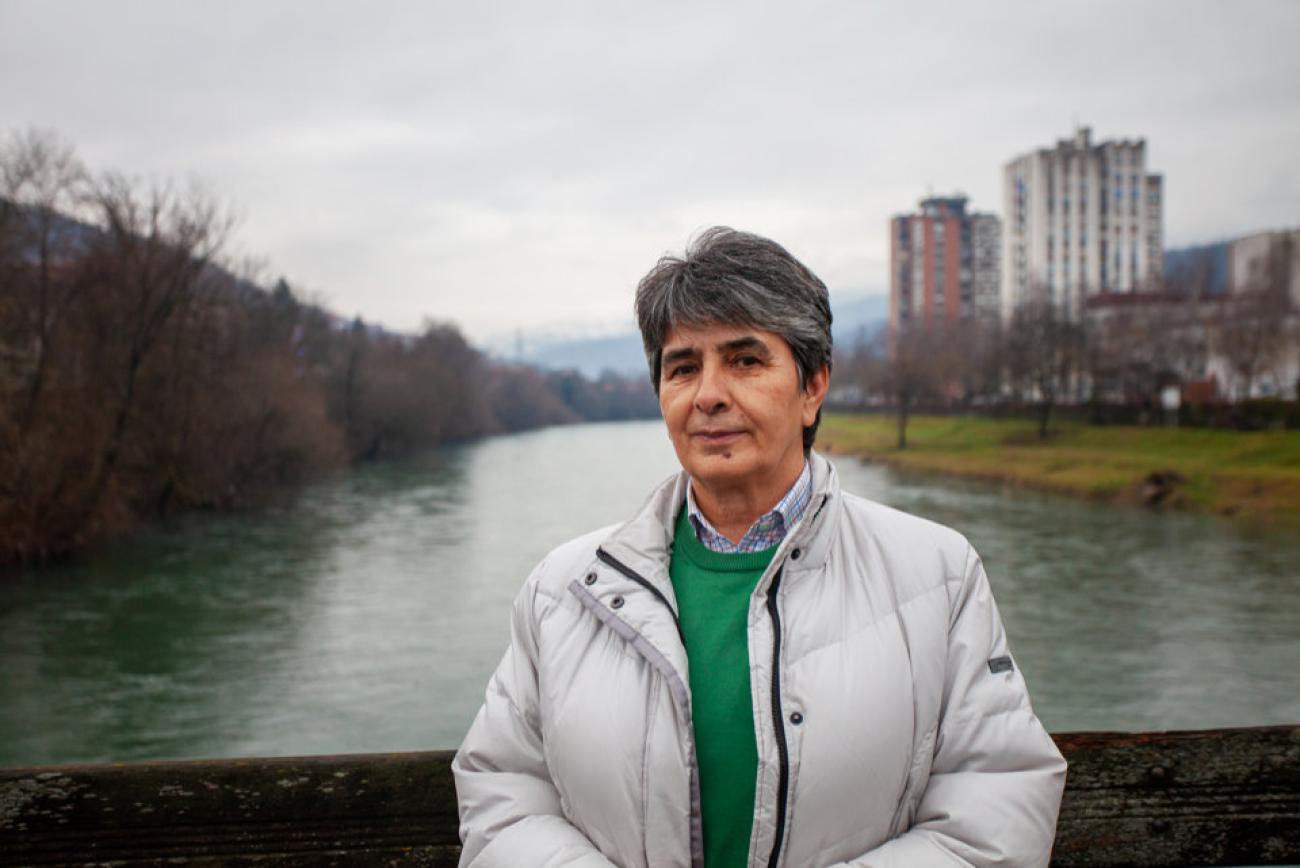Interview: Tourism as Generator of Change for Women in Rural Areas

Interview with Malina Stanojevic, president of the Save the Village Association and one of the most vocal advocates for the rights of rural women in Serbia.
Malina Stanojevic is one of the most vocal advocates for the rights of rural women in Serbia. As president of the Save the Village Association, she has been elevating rural communities in South-Western Serbia by empowering women. Through EU/UN Women supported project, over 200 rural women from the Association was involved in creating initiatives towards local self-government aimed at improving the position of rural women. In addition, Save the Village Association brought the topic of rural tourism development to the table as a generator of change for local women.
How would you describe an average day of a rural woman in Serbia in a few sentences?
Getting up before everyone else- around 6 am, visiting the livestock, getting children ready for school, and often driving them to school, preparing breakfast for the household members and going to the field or greenhouse. If there are cattle for milking (cows, goats), then milking and digestion of milk follows, and then preparation of milk for making cheese. In the meantime, she starts preparing lunch and welcoming the children from school. She often must leave and pick up the children from school. If there are elderly members of the household, there are also special treatments such as therapy, visits to the doctor, and sometimes even a special diet. After lunch, attention should be paid to the children for studying and preparing for the classes next day. We must not forget washing and ironing and maintaining hygiene in the house and stables. This shows that rural women have unlimited and undefined working hours and job descriptions. That's why I often say that women's working hours are 25 hours out of a possible 24.
How can such a situation be changed, and what is Save the Village Association doing in this regard?
This situation can be changed or at least mitigated if the legalization of the so-called unpaid care work is approached seriously and adequately, and not only declaratively, and also if redistribution of resources is made in favor to those who contribute multiple times to the preservation of families and the education of children according to traditional values.
Through the association, we bring women closer to new lifestyle trends, digital literacy, the allocation of equipment that enables them to apply new technologies, safer production (greenhouses, diggers), equipment for fruit and vegetable processing, trainings for product placement, better use of fruit and vegetable processing... For instance, through UN Women-supported project, we got a duplicator which was a novelty in production, because until then no one had even heard of what it was and what it was for. With the support of one of Serbia’s leading technologists, we made a new product with it and technological process and recipe guarantee that we can offer this product to everyone from babies to the oldest people as a very high-quality product. We have already started its promotion and we get nothing but praise for the quality.
You brought the topic of rural tourism to the table in Western Serbia. What is the potential of its development and how can it contribute to improving the position of women?
In our municipality, not a single household has been engaged in rural tourism so far, so we were the first to assess and analyze the capacities and resources needed to engage in rural tourism, and with our initiatives that we defined through the project, we forced decision makers to understand the use of resources and capacity and to include rural tourism as a measure in the action plan. We recognized nine farms as the most complete and which can start providing services in this field of tourism, and we placed them on Google Maps. After our activities, many households that are not members of our association started to adapt their spaces and realized that this is a great move for quick income from their farms. As women are practically the bearers of all activities in rural tourism, it will be another kind of empowerment for them, because it brings economic benefits and thus improves the general position of women. In addition, taxes and benefits from rural tourism contribute to the economic progress of municipality as a whole.
How can women get involved in rural tourism - are there any incentives, training, etc.?
By engaging in rural tourism, women are directly involved, and all income from both accommodation and food marketing goes to them. As for incentives at the local level, they still do not exist, but with the initiation of rural tourism by our association, we hope that the municipality will recognize its importance for our region and provide incentives for the inclusion of people, especially rural women, in this area. Save the Village Association is organizing a series of trainings on the topic of rural tourism, either in our organization or collaborating associations. In addition, representatives of the local tourism organization met us on several occasions and held free trainings and consultations with women interested in this field.
What motivates and inspires you the most to continue your mission of improving the position of rural women?
With each project, I get to know more of what has helped women and what still needs to be done to make it even better. The joy on the faces of the women and families whom I have helped through the projects and sometimes some tears of joy motivate me not to stop.



